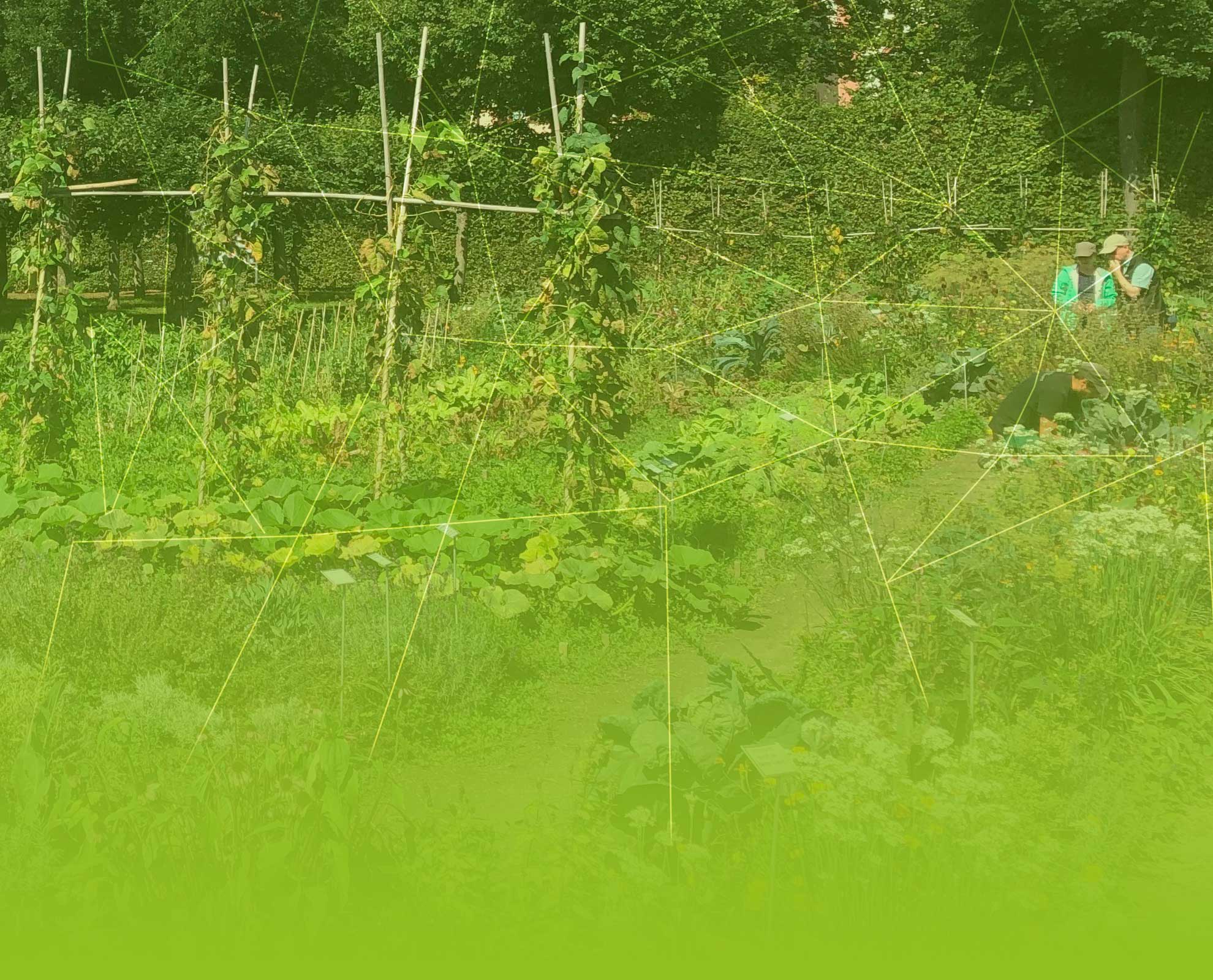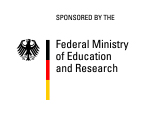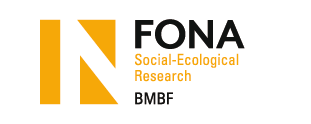Transparency and transformation in the sustainable food economy. Collaborative approaches for more sustainability from the resource to the end consumer (Transkoll)
The German food industry is shaped by small and medium sized enterprises. Compared to big companies, small and medium enterprises often have disadvantages regarding their sustainability management, mostly due to limited resources. Corporate sustainability targets that are issued top down and detached from day-to-day work often don`t show a low incentive effects: On the one hand, “sustainability” is highly topical. On the other hand, this term often appears vague. At the same time, “sustainability” is often an additional, but not a strategic, part of entrepreneurial activities. The research project explores this link by answering the following questions:
- How can opportunities and problems of small and medium sized enterprises in the area of sustainable behavior be identified and remedied?
- Which incentives are necessary to launch effective and continuous improvement processes?
- How can small and medium enterprises convince their suppliers to work on a common sustainability strategy?
- Which possibilities are there to build up transparence on a supra-corporate level?
- In which form can consumers expect information about the sustainability of the production along the supply chain?
Project goals and results to be expected:
The final goal of this project is to develop and validate a toolbox of instruments and methods for small and medium sized enterprises (KMUs) that help to integrate sustainability in the whole food industry chain. Furthermore, the goal is to learn more about motives of action, structural and psychological barriers – respectively the behavior of the employees and the companies that have business relationships. It will also be evaluated how to establish transparency between the resource and the consumer and how to tackle insufficient consumer willingness to get product information. The implementation strategy consists of economical and behavioral economic basic research, which has a look at the effects of communication and incentives in order to derive practical recommendations for action. This way, the project will develop a holistic approach that integrates all three central levels: internal processes, upstream value-adding streams and downstream consumer communication.
This will be done by qualitative, quantitative and experimental studies in two pilot enterprises. These measures will be then scientifically tested and improved at five transfer enterprises. Furthermore training courses, which should help to implement such measures, will be developed and evaluated. The transfer enterprises play an important role regarding the three application fields. Therefore they will be integrated in the development of a business model.
Besides the independent handling of single working packages, these practice partners will also attend different workshops to discuss objectives and the design of practice initiatives. Additionally, there is an annual Transformation conference to report insights and findings in the three application fields. These insights and findings are reflected on the Meta level in the following. By testing in the application fields, the first project results flow directly back to the practice. The implementation will be fostered by direct communication with relevant actors.
Dr. Birgit Schulze-Ehlers, Arbeitsgruppe Food Chain Management, Lehrstuhl Marketing für Agrarprodukte und Lebensmittel, Department für Agrarökonomie und Rurale Entwicklung, Georg-August-Universität Göttingen




